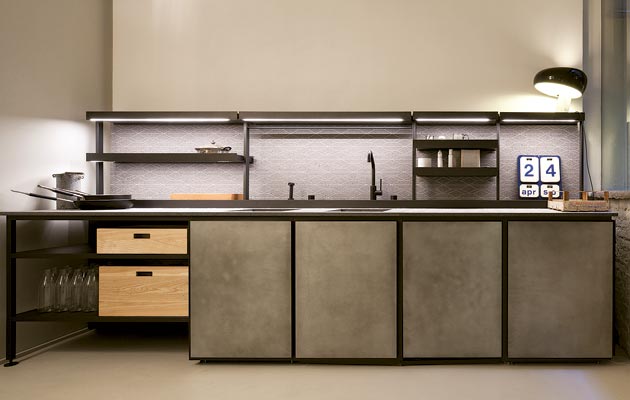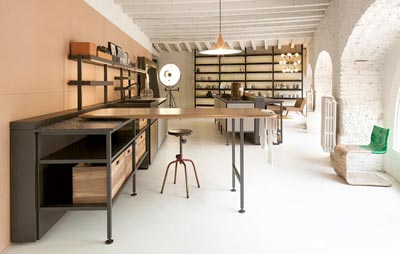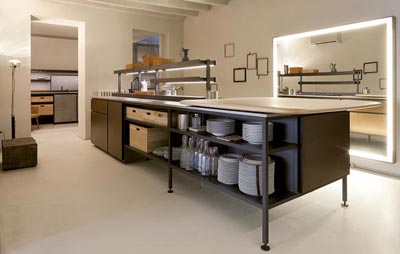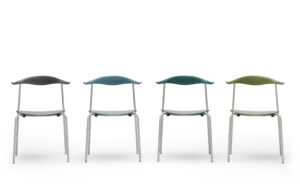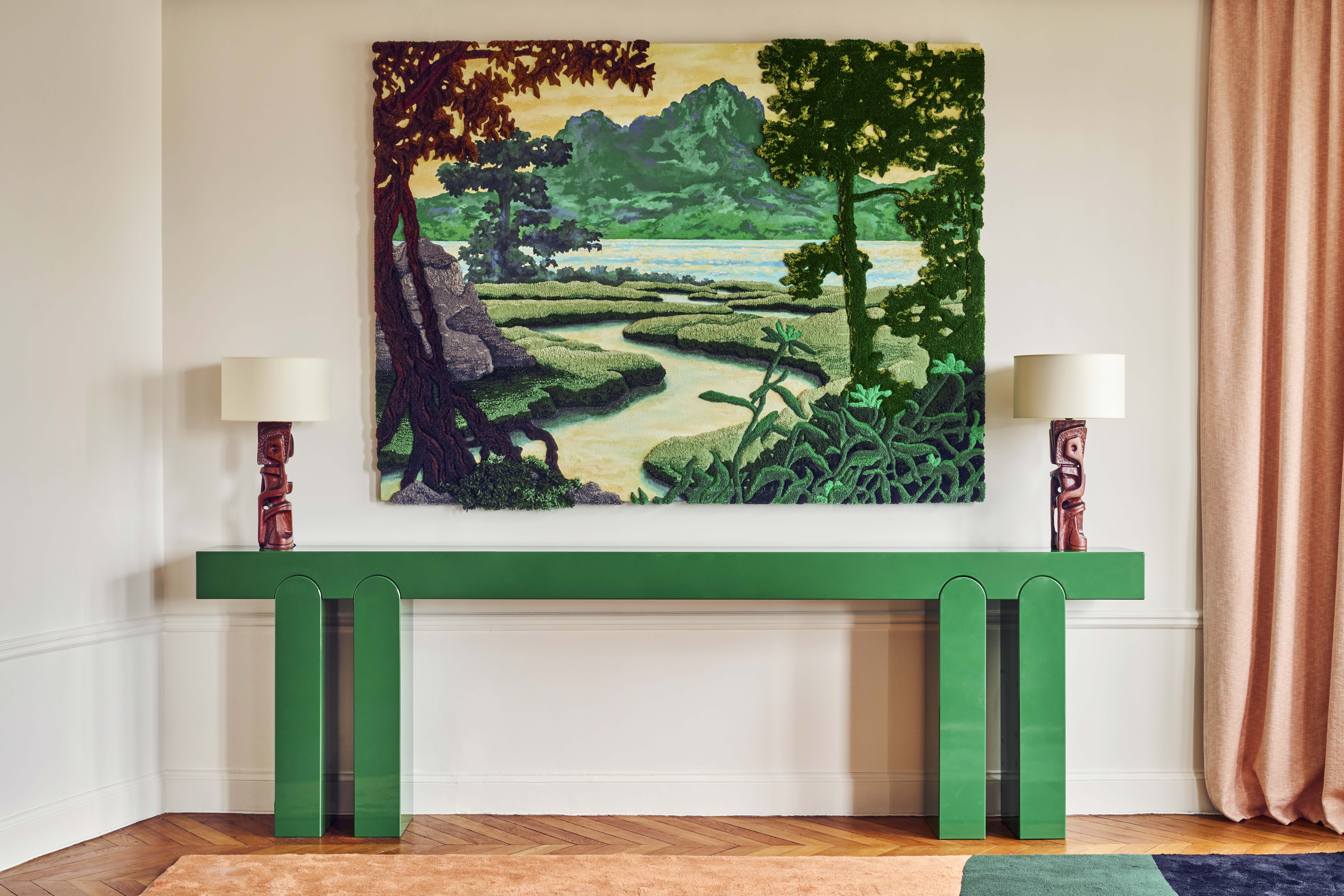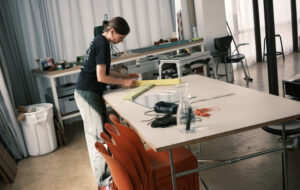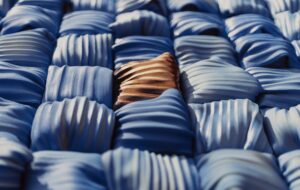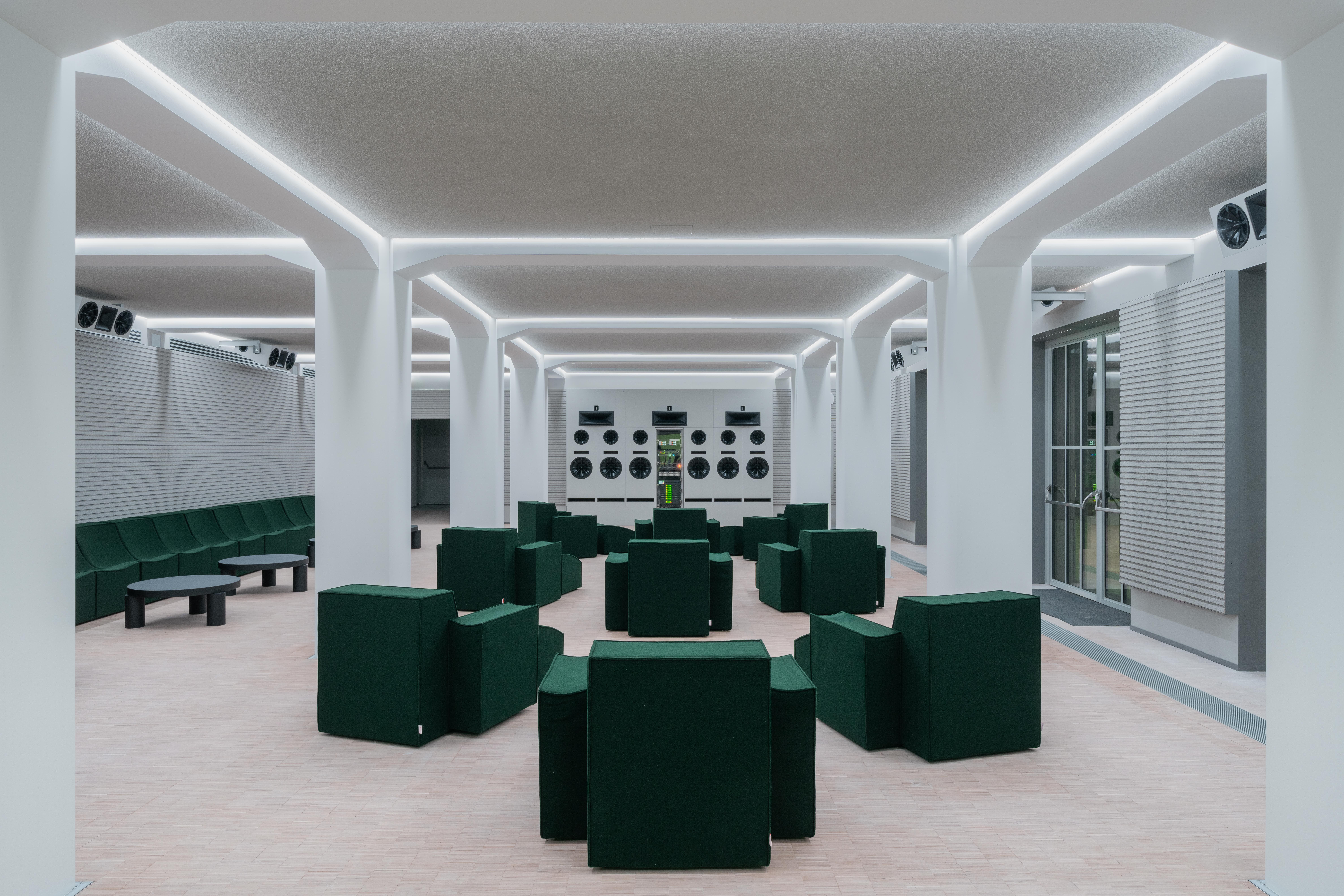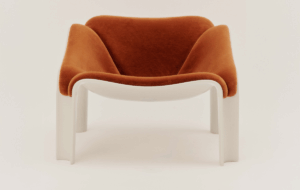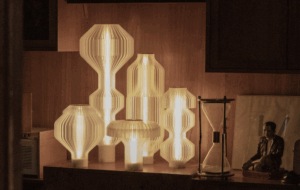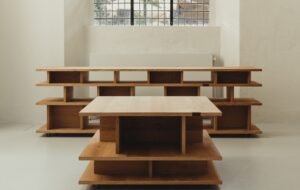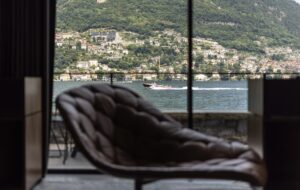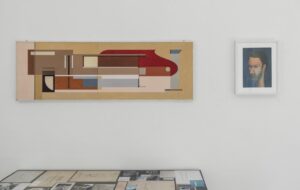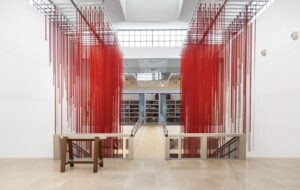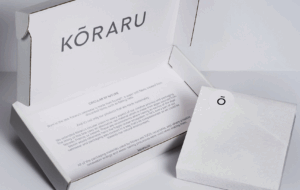|
The designer was inspired by her childhood holidays |
||
|
Sick of the melamine boxes so often used in kitchen design, the Spanish designer has created a new modular system with a rich material palette At Milan’s Salone del Mobile, Patricia Urquiola’s new kitchen for Boffi stood out for its warm and characterful look. Its emotional resonance begins with its name, Salinas, a beach in Asturias, Spain that Urquiola used to visit as a young child. “My first image of a kitchen is not the one we had in our house but the one in my grandfather’s Spanish summer house,” she recalls. “We would go there on the weekend and there would be lots of aunts, uncles, cousins … with someone always cooking and my father out fishing for dinner.” Urquiola also recalls large chopping boards and materials such as stone and copper and a lot of open shelves and racks. “There was always plenty of movement in that kitchen,” she says. Echoes of these memories are evident in Urquiola’s informal and organic approach to Salinas, its modular design and open shelving, its blending of tactile materials and textures such as lava stone for the counter tops (decorated in relief with a geometric pattern made out of recycled glass), granite sinks and door panels made out of copper, zinc and brass.
Each module has a matt black tubular steel frame Its oversized and sliding solid wood chopping board and large table, both with beautifully rounded edges, are another attractive and easy-going touch. “I wanted a softness in the contours, as if time had smoothed away the wood,” Urquiola says. She also wanted to design a kitchen with a frame system – in this case a matt black tubular metal structure – and not the typical made-to-measure model that most high-end brands produce. “Enough with the tyranny of the melamine box!” she laughs. A modular system is more sustainable she says, with production costs and times are greatly reduced. Urquiola’s kitchen features important innovations too. A multi-functional central utility rack houses the plumbing, electrics and the retractable downdraught extractor
The modular system reduces production costs It also features a series of LED-illuminated shelves to store utensils, grow plants and drain plates and crockery. Given Salinas’ positive reception, it is surprising to discover that this is the first foray into kitchens for the ubiquitous designer. And it’s only the beginning it emerges, as she reveals that she is currently at work on wall units and smaller modules. I ask why there are so few women designing kitchens, given the fact that still more women than men do the family cooking in so many countries? “That’s a question we have to ask ourselves every day and about every sector, not just kitchens,” she responds. What a woman can bring to any role, she believes, is a desire not to complicate or be too rigid. “The elasticity with which we are able to change roles within our everyday lives, moving from family to work to social spheres, is something very beautiful.” Salinas is a successful embodiment of a fluid and passionate way of living. It brings energy, soul and instinct to an area of design that often lacks it. |
Words Giovanna Dunmall
Image: Mattia Balsamini |
|
|
||

